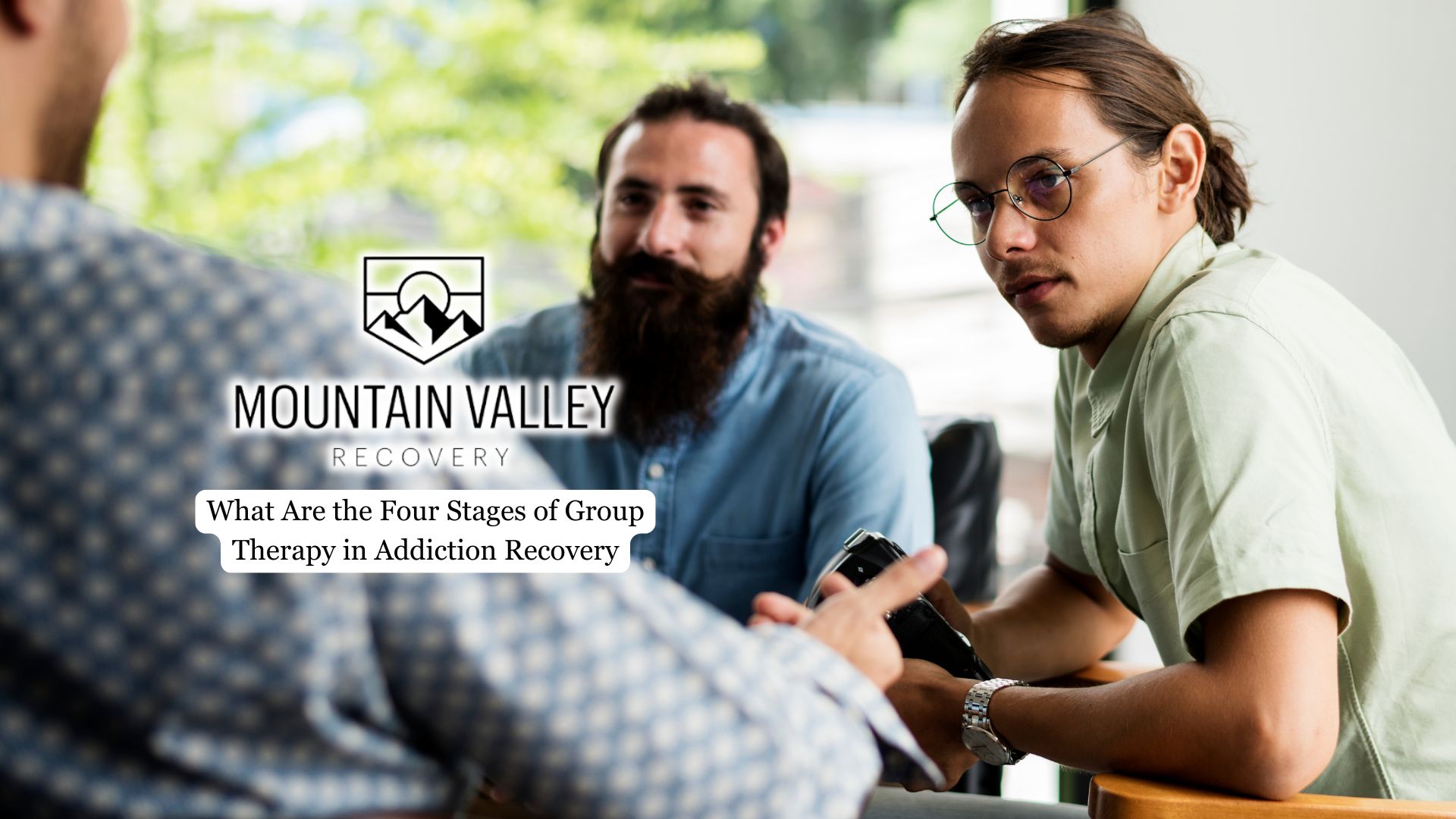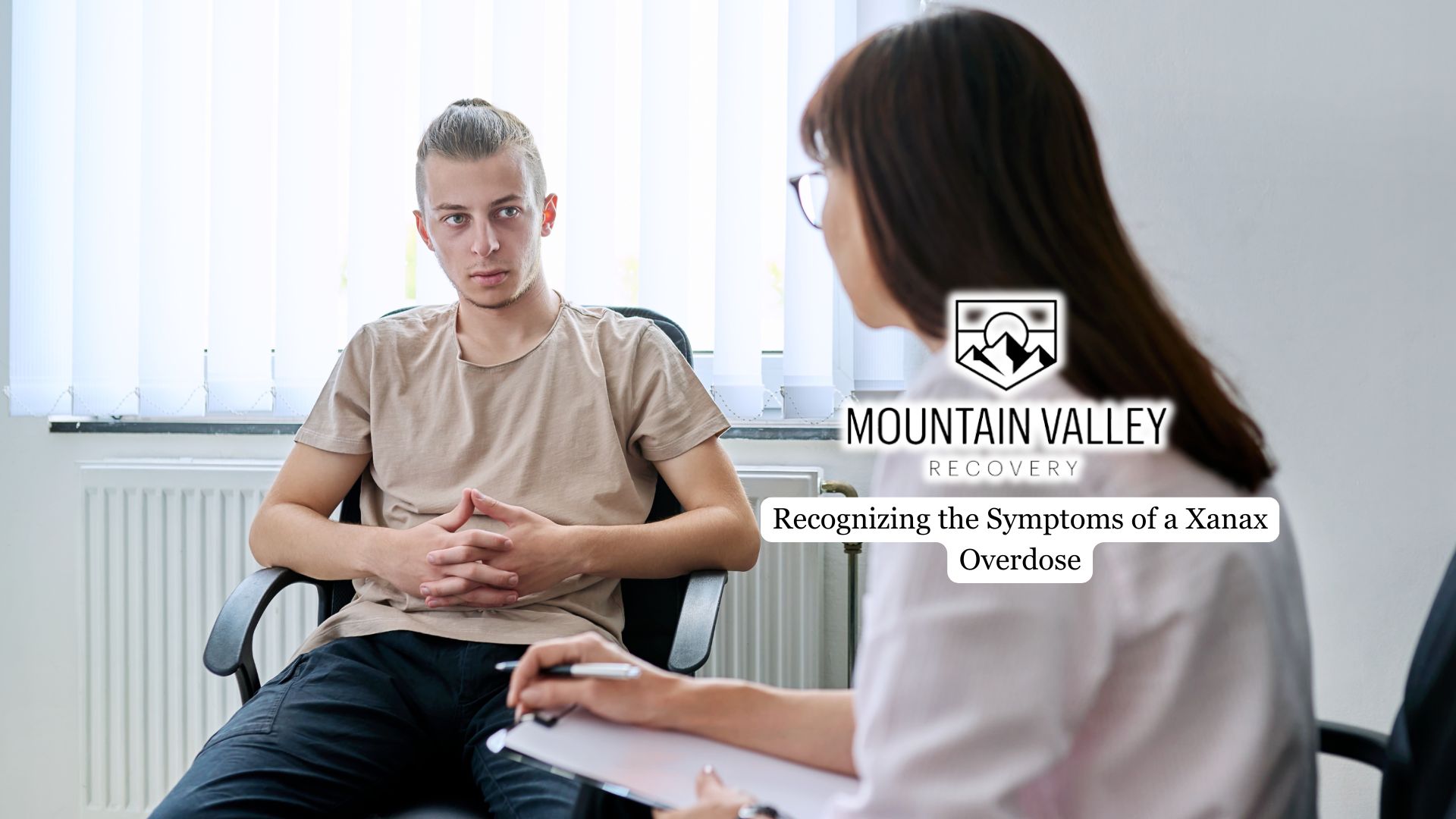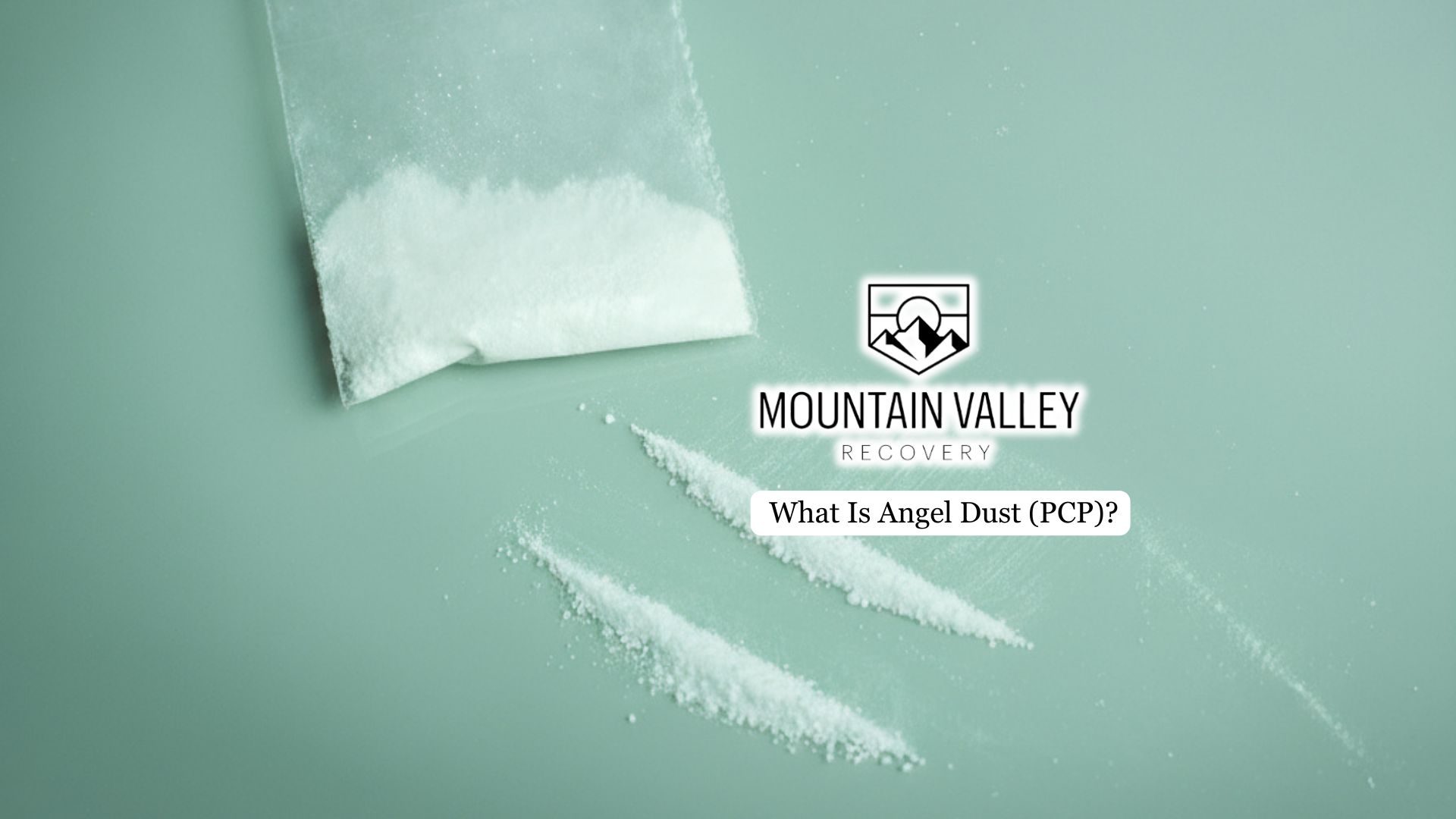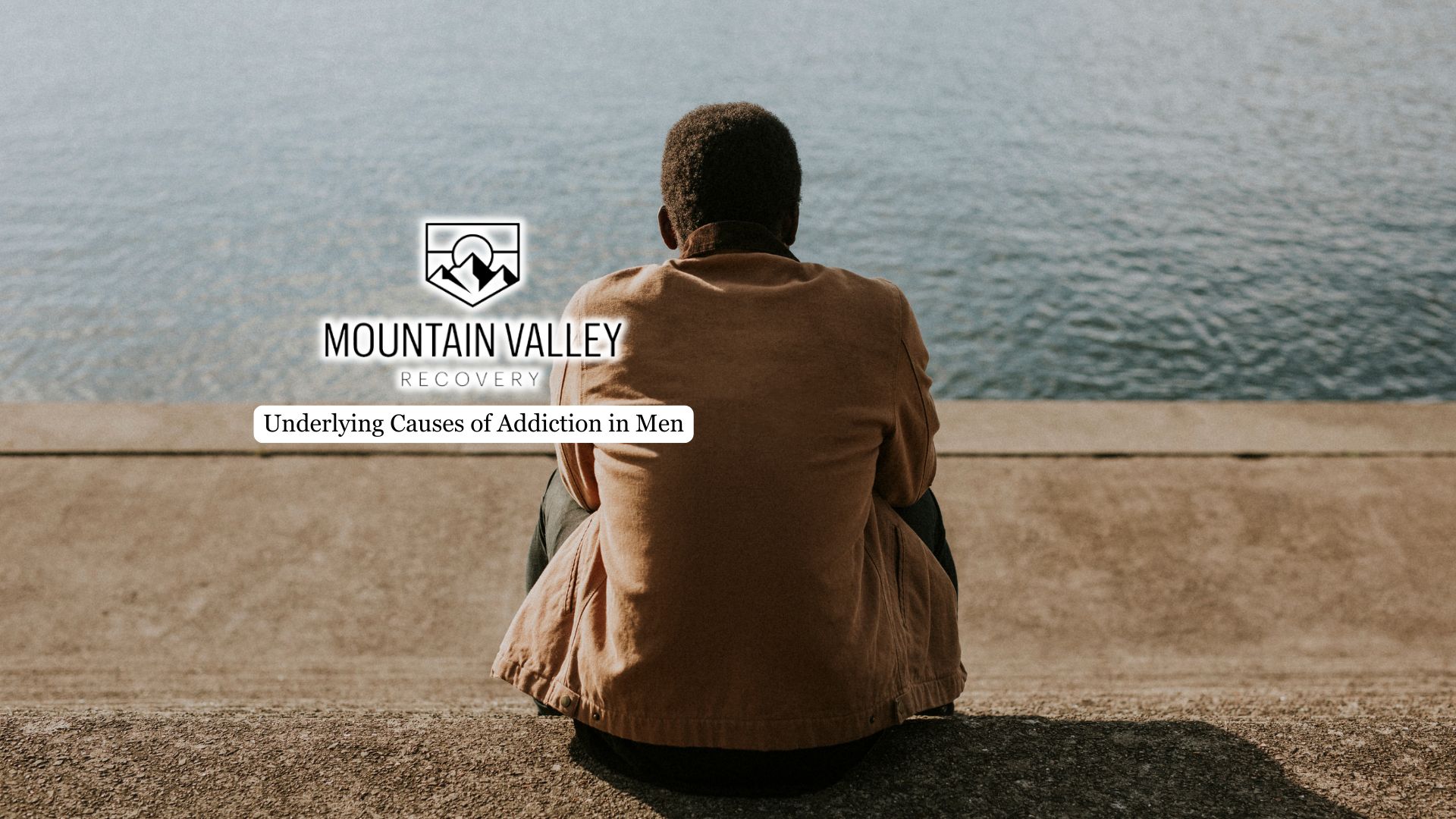Group therapy is a vital component of addiction recovery, providing a structured and supportive environment for individuals to heal and grow together. The journey through group therapy is not straightforward but rather a dynamic process that evolves as participants progress in their recovery.
In this article, we will explore the four key stages of group therapy in addiction recovery and how each stage builds upon the previous one, creating a comprehensive approach to addressing substance abuse and developing essential skills for maintaining long-term recovery.
Formation
During the formation stage of group therapy, members take their first steps toward building a foundation of trust and rapport. As participants introduce themselves and share their reasons for attending, the group begins to coalesce.
The counselor clearly outlines expectations like confidentiality and respectful communication to ensure a safe environment. Icebreakers help ease initial anxiety and facilitate socialization among members. Each individual discusses their goals for therapy, helping align the group’s overall focus and purpose.
The counselor plays a vital role in guiding this formation process, addressing any immediate conflicts or cultural concerns that arise. By establishing trust, rapport, and clear objectives, the group lays the groundwork for meaningful progress in the stages to come.
If you’re ready to embrace this transformative process and take the next step towards recovery, take advantage of our men’s only inpatient program for addiction treatment in Utah.
Exploration
The exploration stage of group therapy in addiction recovery is a pivotal phase where participants start to explore their personal experiences and emotions related to their substance abuse more deeply.
As this stage progresses, group members begin to feel more at ease sharing their stories, challenges, and feelings with each other. With the growth of trust within the group, individuals investigate the underlying causes of their addiction, recognize patterns of behavior, and gain a better understanding of how their actions have impacted both themselves and others.
During this stage, participants become more vulnerable and open, allowing them to examine their fears, anxieties, and triggers associated with their addiction. The therapist plays a vital role in guiding discussions and encouraging members to explore their emotions within a safe and supportive environment.
Through this process of self-discovery and mutual sharing, group members start to develop empathy for one another and gain a more profound understanding of their own recovery journey.

Working
During the working stage, group members apply the insights gained from the exploration phase to implement concrete strategies for maintaining sobriety. Therapists guide participants through cognitive-behavioral techniques, helping them identify and modify harmful thought patterns and behaviors associated with substance use.
Group members collaborate on problem-solving activities, role-playing scenarios to practice resisting triggers, and developing personalized recovery plans. This stage is characterized by increased participation and mutual support among group members as they share their experiences in applying new coping mechanisms to real-life situations.
The working stage also focuses on addressing co-occurring mental health issues, as participants learn to manage anxiety, depression, or trauma without resorting to substance use.
Through this collaborative process, individuals build confidence in their ability to maintain long-term recovery and develop a stronger sense of self-efficacy.
Consolidation
During this phase, group members concentrate on reinforcing their dedication to recovery, establishing a strong support network, and formulating techniques to sustain sobriety when confronted with real-life obstacles.
Therapists assist participants in assessing their progress, acknowledging accomplishments, and tackling any remaining concerns or apprehensions about departing from the structured setting of group therapy.
This stage highlights the significance of relapse prevention, with members collaborating to recognize potential triggers and develop coping strategies. Participants are encouraged to fortify their connections with support systems outside the group, such as family, friends, and community resources.
The consolidation stage also involves establishing realistic objectives for the future and devising actionable plans to attain them. As the group approaches its conclusion, members partake in activities that foster closure, like sharing final reflections, conveying appreciation, and discussing methods for preserving the bonds formed during therapy.
Final Thoughts from Mountain Valley Recovery
At Mountain Valley Recovery’s men’s only inpatient program in Utah, we recognize and honor the importance of each stage in group therapy. Our comprehensive approach blends evidence-based therapies with the unique experience of our ranch setting, providing a supportive and immersive environment where young men can navigate these stages effectively. We foster trust, encourage vulnerability, develop coping mechanisms, and solidify a commitment to lasting sobriety. This empowers our clients to address the root causes of addiction and build a foundation for a fulfilling, substance-free future.





